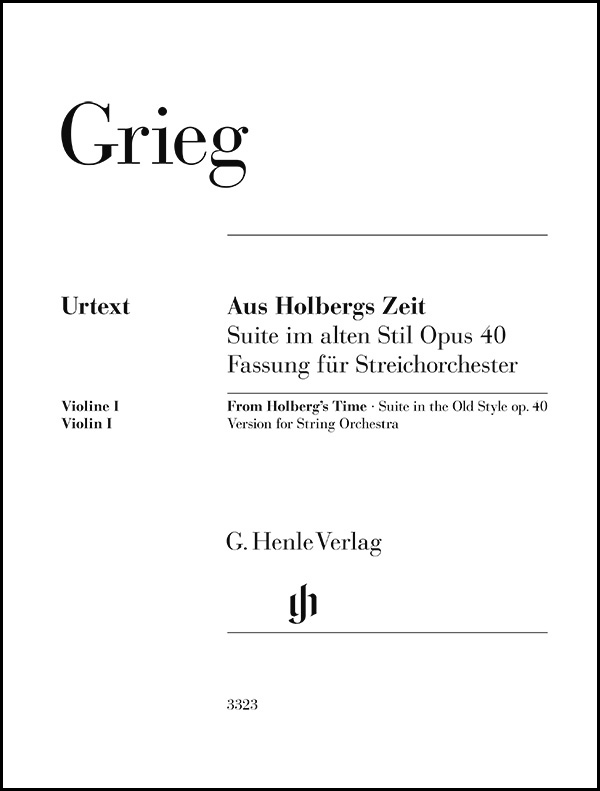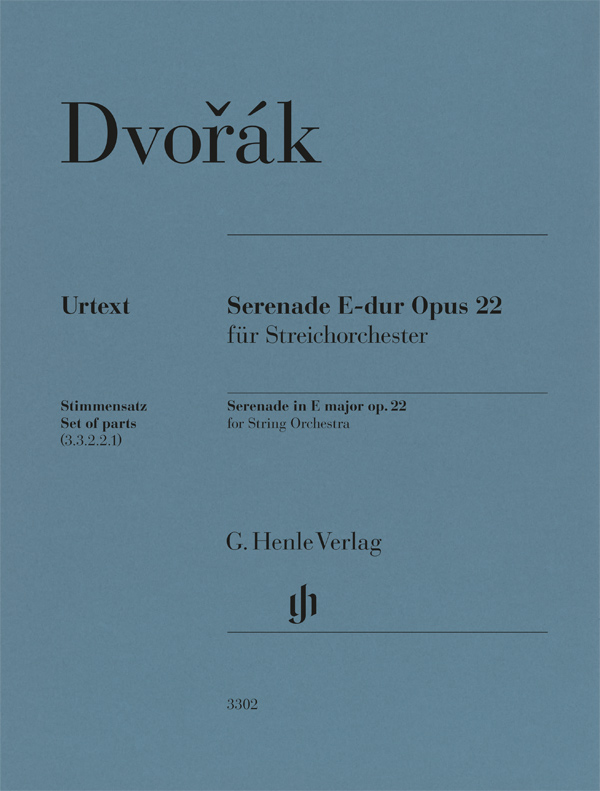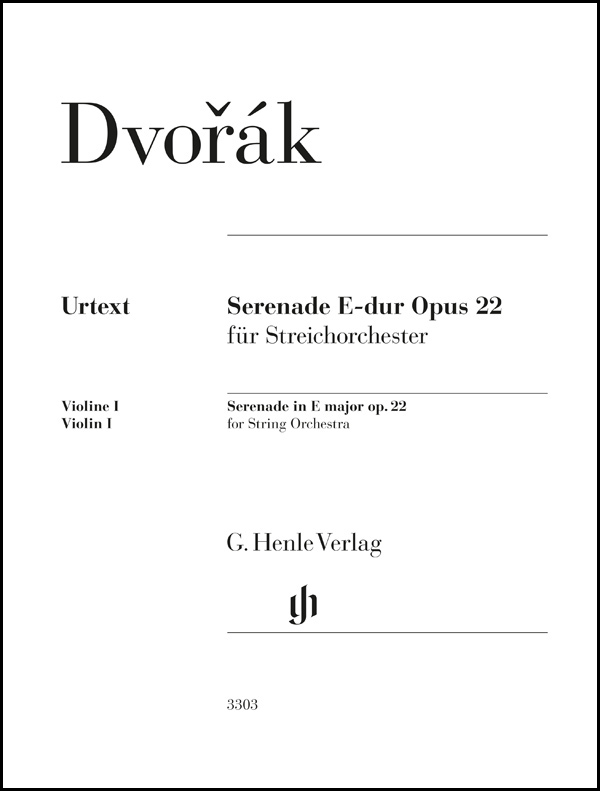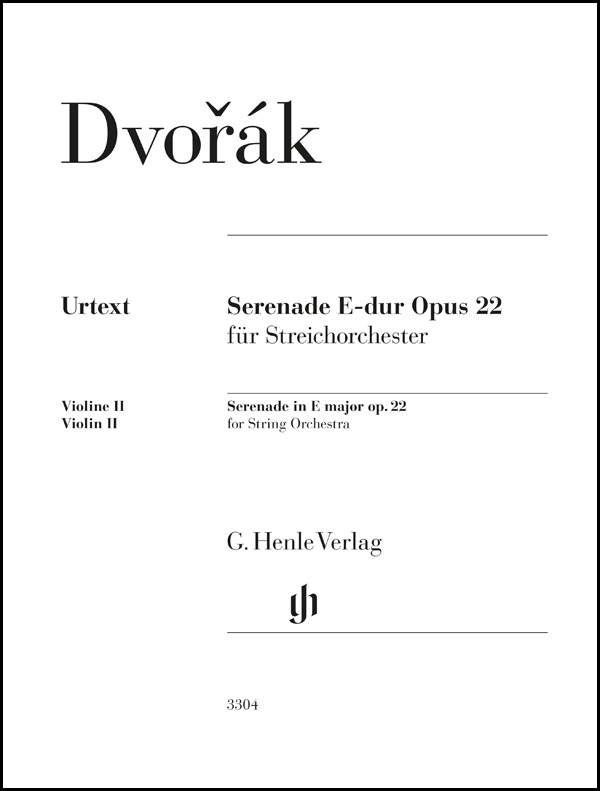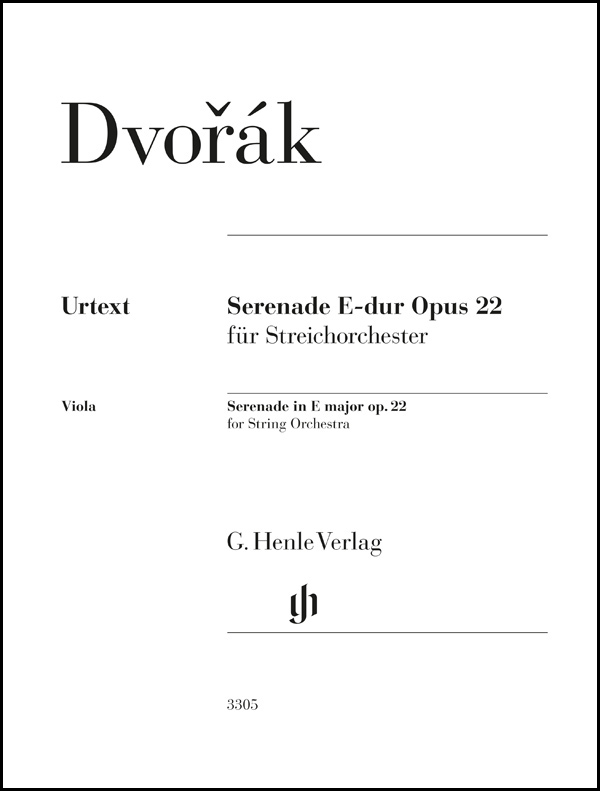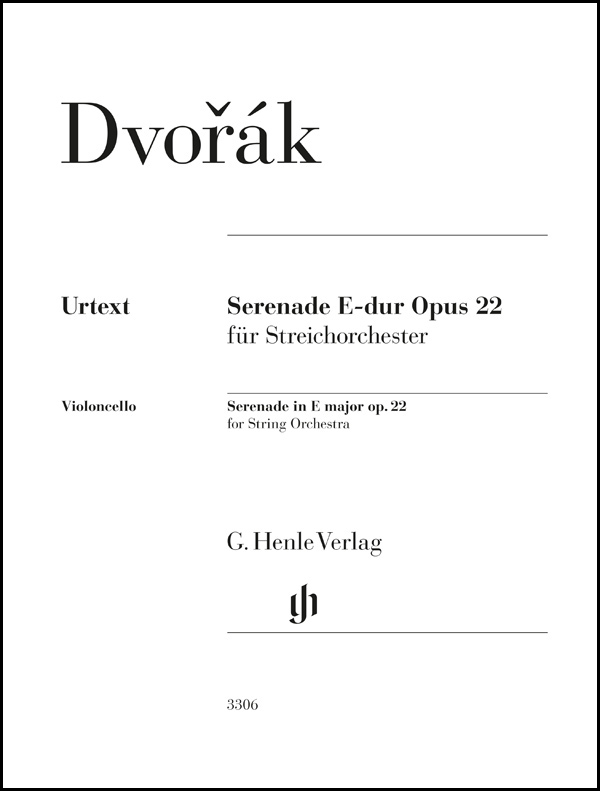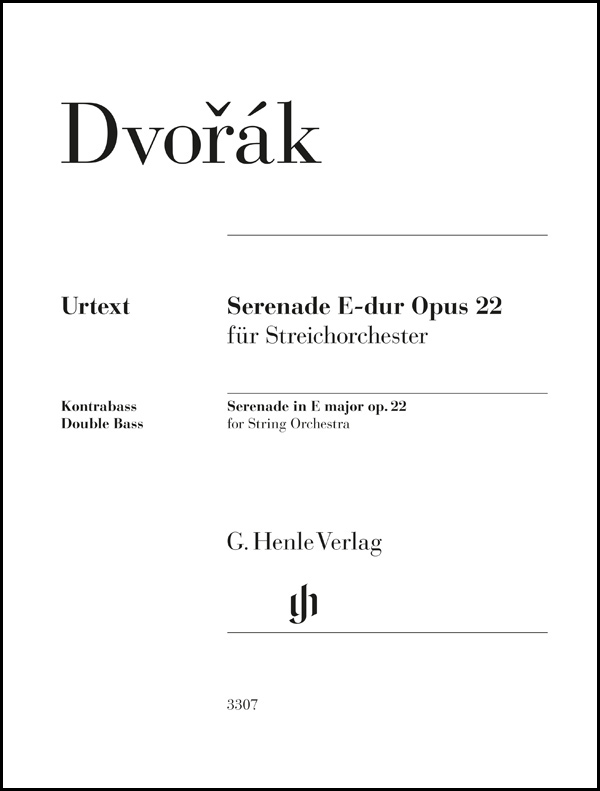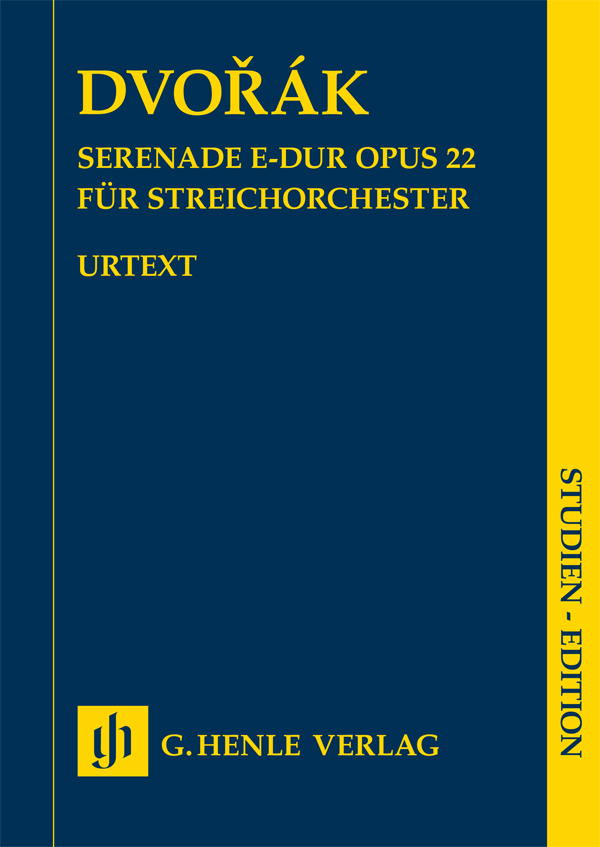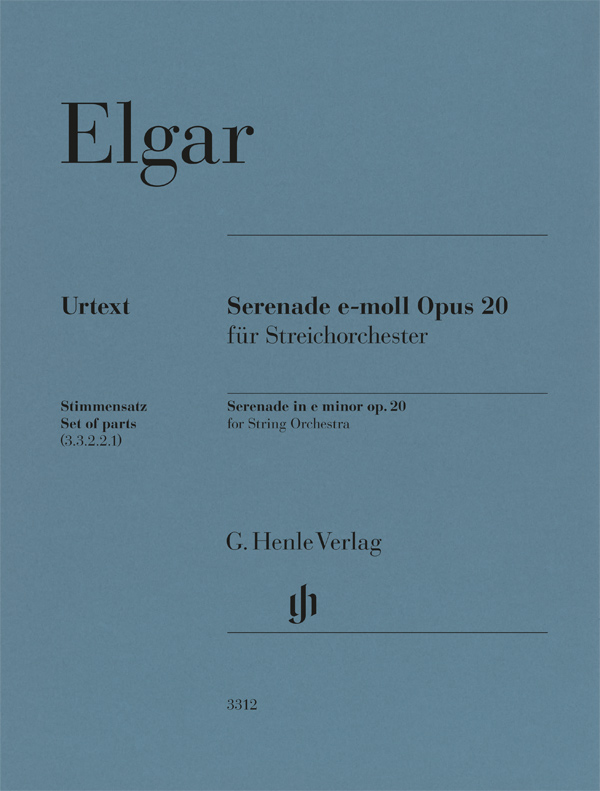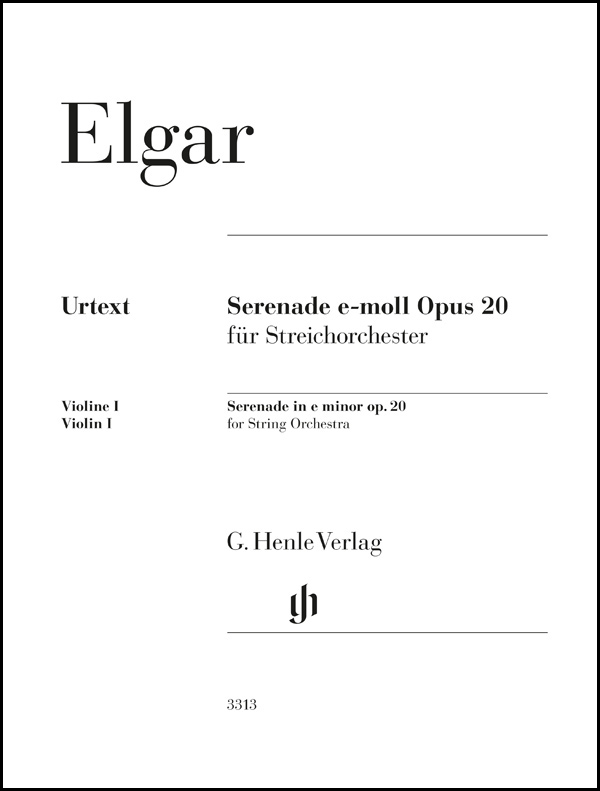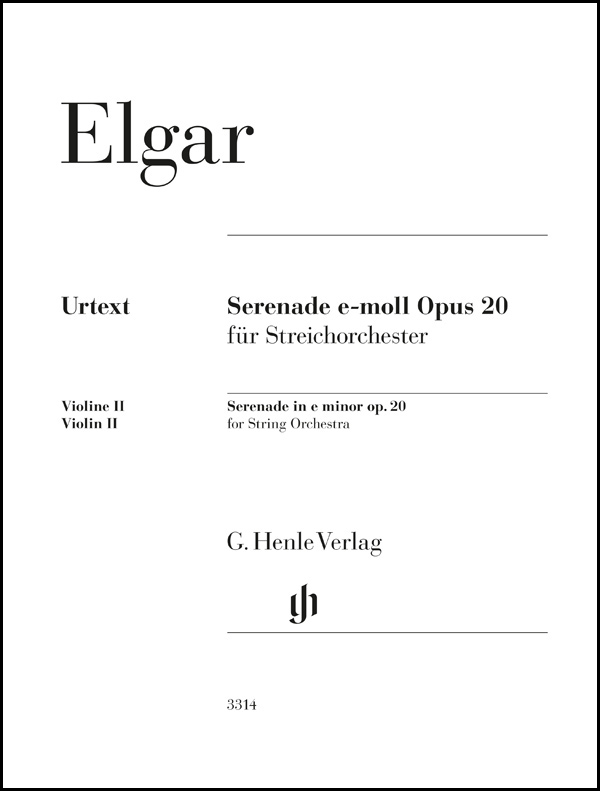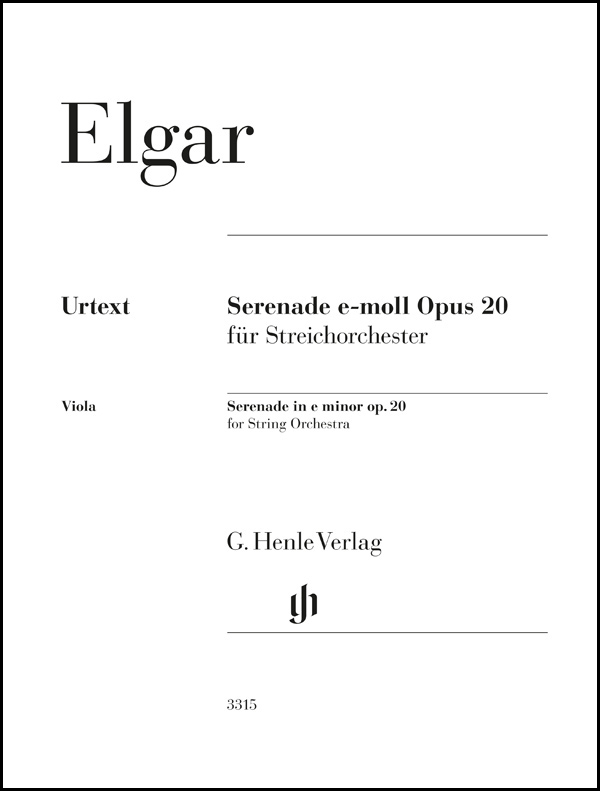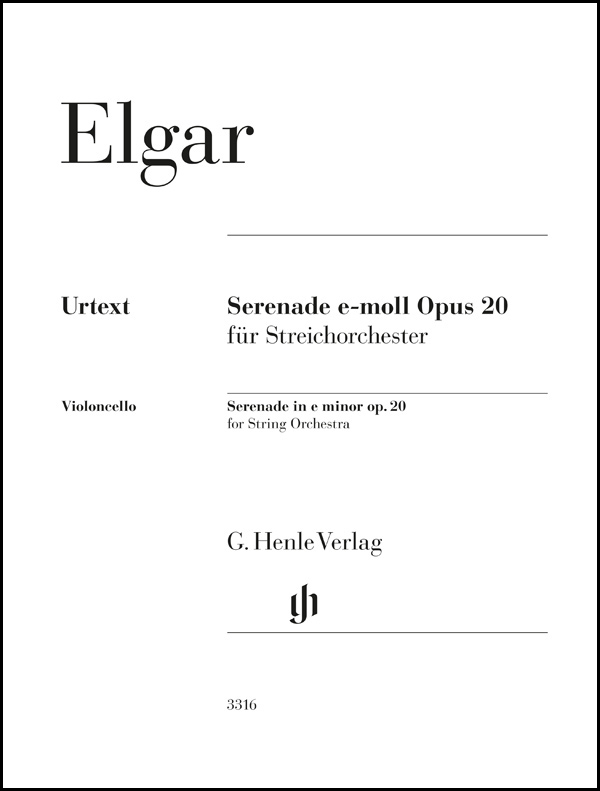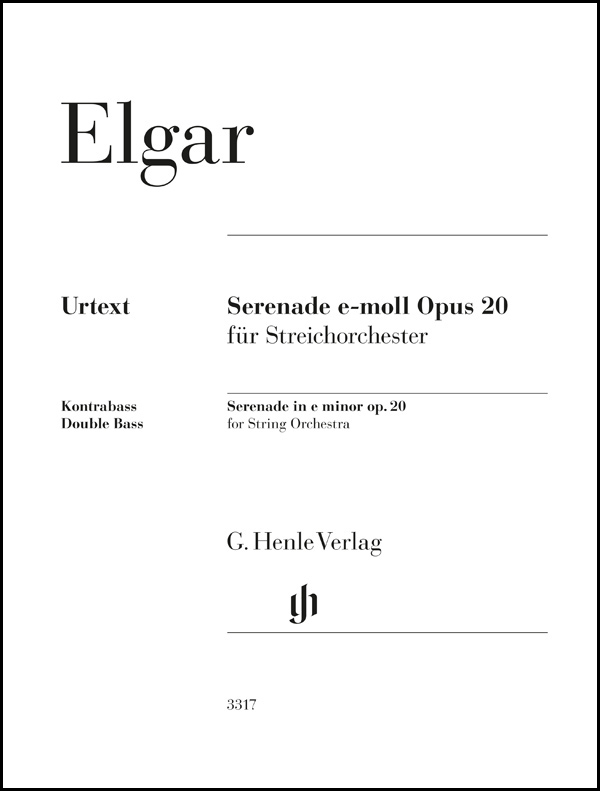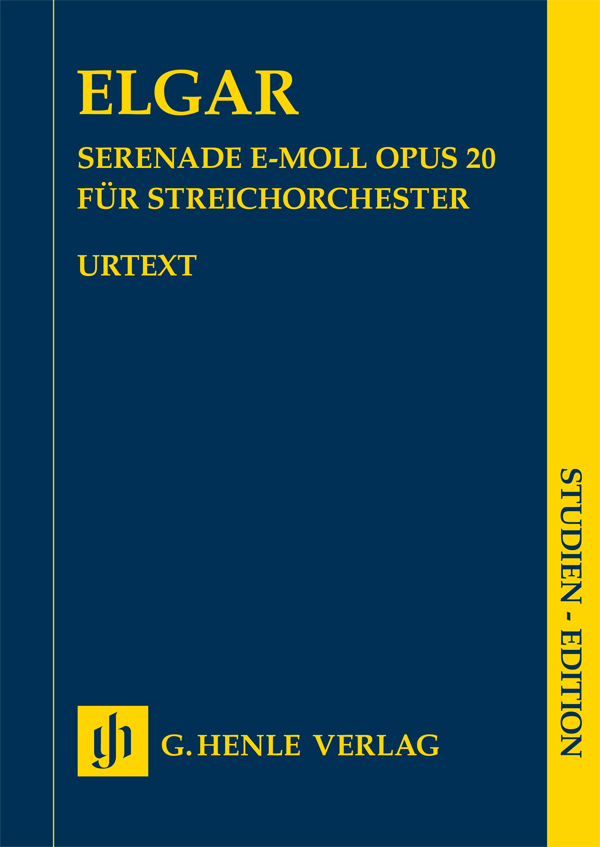Edvard Grieg
From Holberg's Time op. 40
The occasion for the composition, described as a “suite in the old style”, was the 200th birthday of the Norwegian-Danish poet Ludvik Holberg (1684–1754), which was celebrated in Bergen with several festive events. Initially, a piano version of the work was written in August 1884, but the composer already had the arrangement for string orchestra in mind, which he made just one month later. As a starting point, Grieg chose baroque dance movements from Holberg’s era, but skilfully combined them with elements of his own tonal language, such as chromatic progressions and dynamic swells. The orchestral version of the “Holberg Suite”, which was very successful right from the beginning, is still one of Grieg’s most popular compositions today and now enriches the Henle programme for string orchestra.
Content/Details
About the Composer
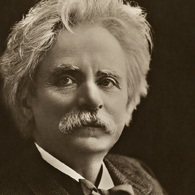
Edvard Grieg
Most important Norwegian composer of the nineteenth century and promoter of Norwegian folk music. His lyrical character pieces in particular are well known.
| 1843 | Born in Bergen on June 15, the son of a merchant and British consul; early piano lessons with his mother, who was a pianist. |
| 1858–62 | Studies at the Leipzig Conservatory. |
| 1862 | Concerts in Norway. |
| 1863 | Copenhagen, with the support of Niels W. Gade. |
| from 1864 | Interest in Norwegian folk music, which finds its way into his compositions. |
| 1866 | Breakthrough with a concert of Norwegian music. Conductor of the Philharmonic Society. |
| 1867 | The first of a total of ten volumes of Lyric Pieces for piano, Op. 12, with relatively simple piano settings. |
| 1868/69 | Composition of the Piano Concerto in A minor, Op. 16, which is based on Schumann’s piano concerto. |
| 1869 | “25 Norwegian Folk Melodies and Dances,” Op. 17, for piano. |
| 1873 | Begins work on the opera “Olav Trygvason,” Op. 50, after Bjørnson, which is never completed. |
| 1874 | Composition stipend from the state. |
| 1874/75 | Composition of incidental music to Ibsen’s “Peer Gynt,” Op. 23, the basis for the Peer Gynt Suites. |
| 1876 | Attends the premiere of Wagner’s “Der Ring des Nibelungen” in Bayreuth. |
| 1880–82 | Conductor of the “Harmonien” musical society in Bergen. Thereafter he accepted no other positions. |
| 1883 | Visit to Bayreuth; he hears Wagner’s “Parsifal.” |
| 1884 | Composition of “From Holberg’s Time,” Op. 40, his most popular work. |
| from 1885 | He moves into his villa “Troldhaugen” (near Bergen). Composition and revision of older works in spring and summer, concert tours in fall and winter. |
| 1891 | Composition of the “Lyric Suite,” Op. 54, orchestrated in 1905. |
| 1907 | Death in Bergen on September 4. |
About the Authors

Ernst-Günter Heinemann (Editor)
Dr. Ernst-Günter Heinemann, born in 1945 in Bad Marienberg (Westerwald), completed his schooling in Gießen and read musicology, philosophy and German in Marburg and Frankfurt/Main and also for some time Protestant church music. He did his doctorate on “Franz Liszts geistliche Musik. Zum Konflikt von Kunst und Engagement”.
From 1978–2010 Heinemann worked as an editor at G. Henle Publishers (in 1978 in Duisburg, from 1979 onwards in Munich). He edited a great many Urtext editions for the publishing house, including “Das Wohltemperierte Klavier”, Volume 1 by Bach and all of Debussy’s piano works. In addition, he wrote essays on Debussy, Grieg, Liszt, Mendelssohn and questions concerning general editing, as well as giving seminars on editorial practice for musicology students in Munich.
Product Safety Informations (GPSR)

G. Henle Verlag
Here you can find the information about the manufacturer of the product.G. Henle Verlag e.K.
Forstenrieder Allee 122
81476 München
Germany
info@henle.de
www.henle.com
recommendations
autogenerated_cross_selling


